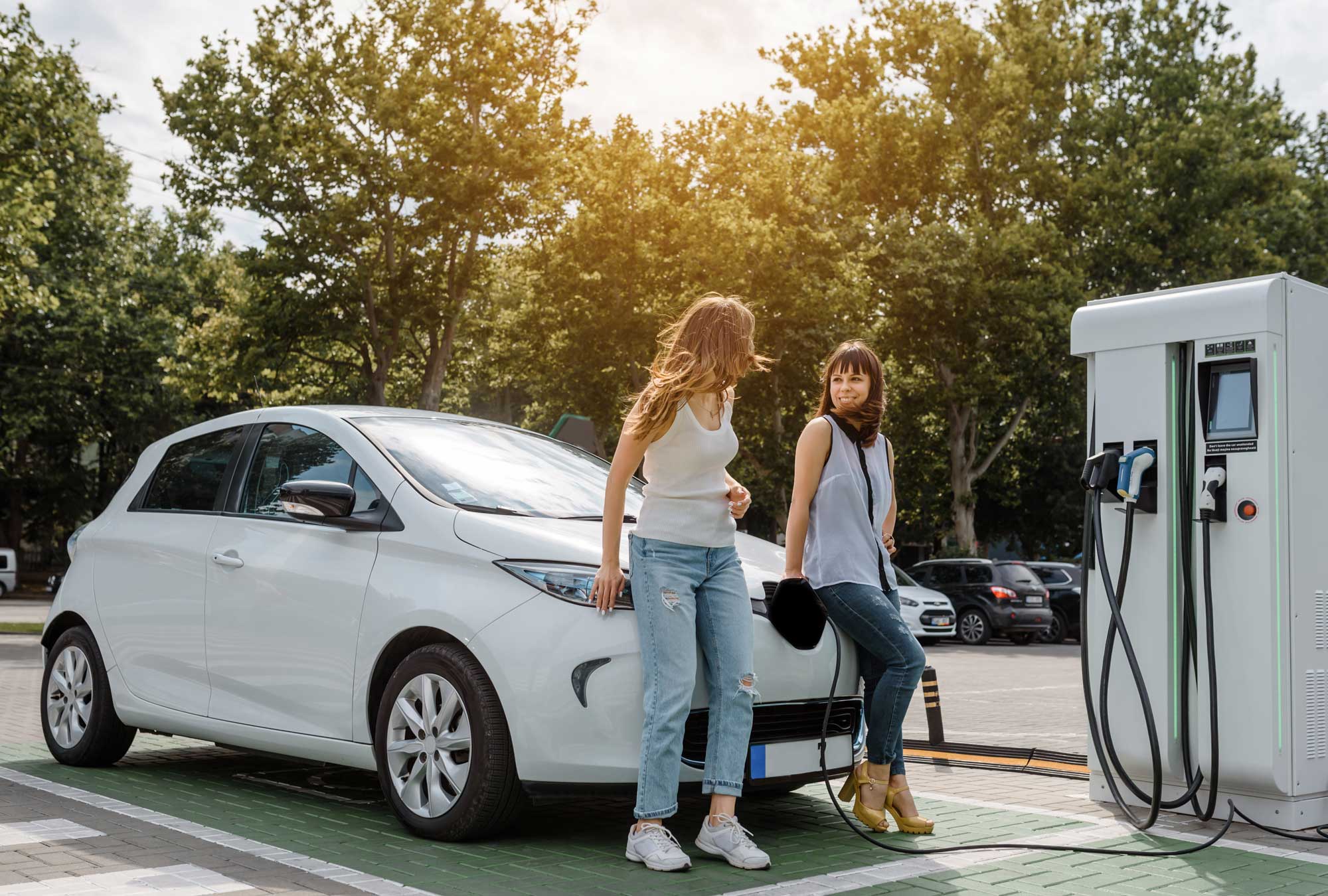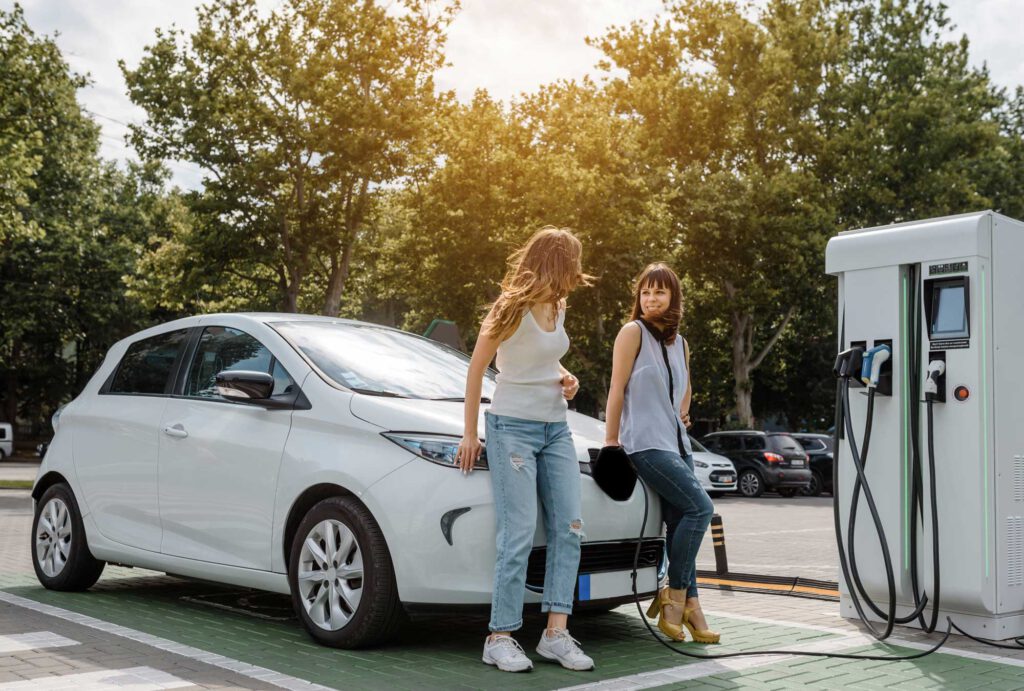
Conditions for expanding e-mobility.
As we explained in our last blog entry, there are still a number of obstacles to overcome in order to expand e-mobility in Europe. Numerous …

As we explained in our last blog entry, there are still a number of obstacles to overcome in order to expand e-mobility in Europe. Numerous issues, particularly regarding the availability of adequate charging infrastructure, are impeding the EU’s goal of reaching 30 million electric vehicles by the end of the decade. Let us explain briefly what course needs to be taken.
E-mobility optimists expect that the Euro 7 emissions standard, set to take effect no earlier than 2025, will force hesitant car buyers to reconsider their vehicle purchase. However, the ADAC, the German automobile association, has calculated that the current best engines already comply with the new stricter levels. If hybrid technology continues to improve, combustion engines may not end up costing more than electric vehicles. The real question is which of the major car manufacturers will still actively pursue combustion engine development. What we hear from increasingly more auto designers is that they wish to focus their development on zero-emissions vehicles. This is particularly true for the OEMs, the major manufacturers whose vehicles are increasingly built on shared platforms.
However, more or less the whole world would be affected by such a change in direction. Production is already shifting increasingly more to China since the largest markets are now in Asia. But who would venture to estimate, much less forecast, the expansion of the power infrastructure required in China, India, Vietnam and similar countries? The end of the combustion engine seems highly unrealistic. Most European countries are encouraging the use of new technology with different types of subsidies. A few countries such as the UK are surging ahead with planned regulations.
If there is a chance that no more combustion engines will be allowed from 2030, it could encourage many car owners to purchase electric vehicles much sooner because they would be afraid they wouldn’t be able to resell their vehicles in the future. Others will be pressured into buying electric cars due to the scarcity of fossil fuels and the potential tax increases on petrol and diesel. The current gas crisis has already bred significant discontent, fuelled by the price increases engineered by the oil corporations. In our next blog post, we’ll take a look at what’s holding buyers back.
